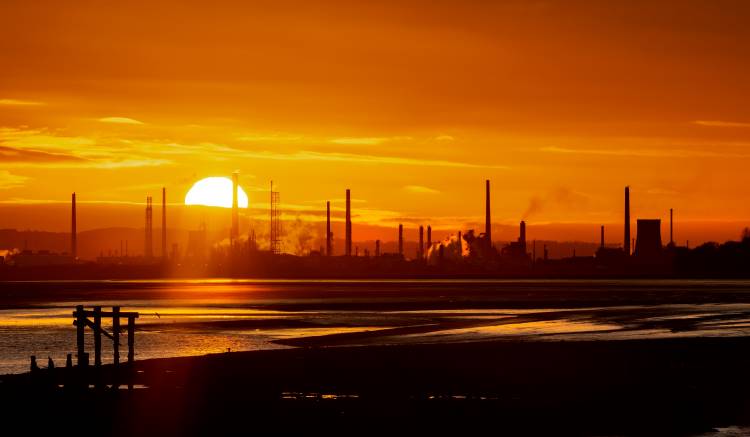Met Office: Climate Crisis Has Increased Impact on UK

The Met Office’s annual climate report shows that the impact of the climate emergency on the UK is increasing.
Last year saw temperatures which were 1.1C above the 1961-1990 average. The all-time record high was broken with 38.7C being recorded in Cambridge, and London recorded the all-time record high for winter with a temperature of 21.2C.
Global heating, as well as natural variability, are the driving factors behind the warming trend that is influencing current weather conditions.
Lead author of the report, Mike Kendon, said: “Our report shows climate change is exerting an increasing impact on the UK’s climate. Since 2002 we have seen the warmest 10 years in the series. By contrast, to find a year in the coldest 10 we have to go back to 1963 – over 50 years ago”.
Stretching back to 1659, the Central England Temperature Series is the longest instrumental record in history. The average temperature for the current century is 10.3C so far – 1.6C higher than the average for 1659-1700.
The University of Edinburgh’s Prof Dave Reay said: “Seeing these temperature records go down like sweaty skittles is a stark reminder that climate change is still tightening its grip on all our futures. No corner of the UK is immune to the impacts of climate change.”
Data from the report also showed that the levels of rainfall in 2019 was 12% higher than the 1961-1990 average in the UK.
Head of the Met Office’s National Climate Information Centre, Dr Mark McCarthy, said: “It was a particularly wet year across parts of central and northern England [with] some very severe flooding in early November.
“Since 2009 the UK has now had its wettest February, April, June, November and December on record – five out of the 12 months.”
The increased levels of rainfall are due to warmer air being able to hold more water vapour, and thus produce more rain.
The Woodland Trust’s Dr Darren Moorcroft said: “In response to the warm winter and mild spring, the first leaves appeared on trees nearly 10 days earlier in 2019, compared to our baseline period [of 1999-2018]. Whilst this may not sound like much, research has shown this can have dire impacts further down the food chain.
“It is a stark reminder of the need to take immediate action on climate change. Trees are not only a measure of what’s happening, they’re a vital part of the solution: as natural carbon stores they’re key agents in fighting climate change.”
Read on our blog

With the government poised to implement tough new measures to...

Budget broadband provider TalkTalk has been notifying customers via email...

A year-long investigation by charity Citizens Advice has revealed a...

Education Secretary Nadhim Zahawi has announced a new commitment to...
